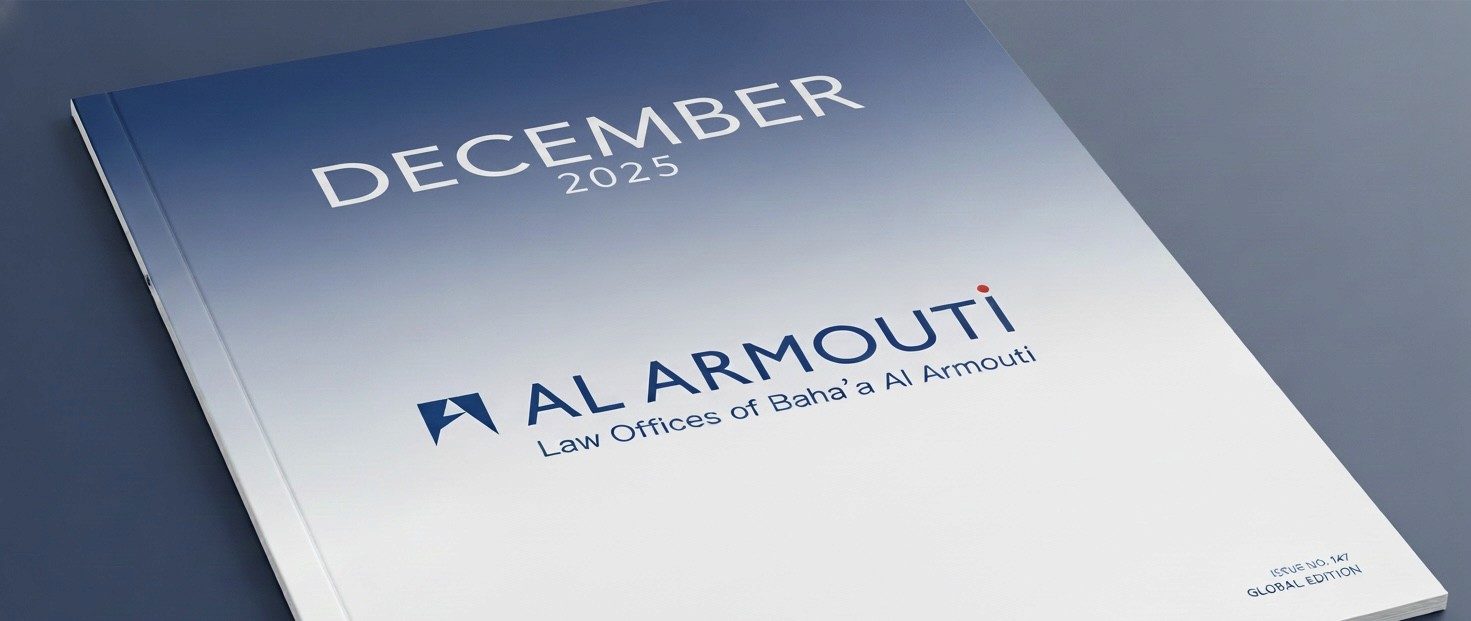The Saudi App Store: Legal Aspects
Baha'a Eddin Al-Armouti
Oct 10, 2020
In Saudi Arabia, several laws and regulations govern content distribution through mobile applications offered for sale or use in the Saudi "app stores."
To avoid legal liability, foreign-based companies that own or manage mobile applications in any of the Saudi app stores (iOS & Android) should ensure that the app content does not violate Saudi law, whether it is generated by owners, third parties, or its users.
Main Laws and Regulations Governing Mobile Apps Content in Saudi Arabia
Electronic Transactions Protection Law | by Royal Decree M/8 of March 26, 2007.
Anti-Cyber Crime Law | by Royal Decree M/17 of March 26, 2007.
Regulation of Printed Materials and Publication | by Royal Decree M/32 of 03/09/1421H.
Telecommunications Act | by Royal Decree M/12 of 12/03/1422H.
The Executive Regulation for Electronic Publication ( Trailing Regulation of Printed Materials and Publication | by Royal Decree M/32 dated 03/09/1421H.
Competition Law | by Royal Decree M/75 on 29/06/1440H.
Copyrights Regulation | by Royal Decree M/41 of 30/8/2003.
Trademarks Law of GCC States | by Royal Decree M/51 of May 26, 2014
Regulation of Patents, Layout-Designs of Integrated Circuits, Plant Varieties, and Industrial Designs | by Royal Decree M/27 of July 17, 2004.
Principally, content distributed through mobile applications must not: defame a legal or natural person, be used to hack a social media account, support terrorism or terrorist groups, breach the privacy of natural persons, violate public order or public morals, violate Islamic Sharia, contain pornography, promote or facilitate the use or distribution of drugs, infringe intellectual property rights, mislead the consumer, or breach data privacy.
Violations may result in blocking the mobile application service by the Communication and Information Technology Commission (CITC).
The CITC is the competent agency monitoring electronic content distribution in Saudi Arabia. Article 2(12) of the Communication and Information Technology Commission Ordinance Issued under the Council of Ministers resolution No. (74) dated 27/05/2001 states: “ Commission shall undertake the following: j. Protect the interests of users in respect of public telecommunications services and the Internet, monitor the performance of licensed entities providing such services, and take the necessary measures to obligate these entities to abide by the license conditions, including type and level of services and development of new and innovative services.”
The agency has broad discretionary powers to determine whether the electronic content violates Saudi laws. The CITC regularly requests owners of mobile apps to remove any violating content.
Any person can complain to CITC through its website about any content violations, including content distributed through mobile applications. Upon submitting the complaint, a team of CITC employees determines if the request is justified; and so, decides whether or not to block the source of the subject electronic content.
Electronic contracts signed by customers through mobile application platforms are binding under Saudi law. Article 10 (1) of the Electronic Transactions Protection Law states: “Offer and acceptance of contracts may be expressed by electronic means, and such contracts shall be deemed valid and enforceable if concluded in accordance with the provisions of this law.”
As for business formalities, foreign-based companies are not required, under Saudi law, to obtain any government approval to operate their mobile applications in the Saudi digital market. Also, in principle, Saudi consumers have no limitations or restrictions to use mobile application services owned, developed, or managed abroad, unless used in a manner that violates the provisions of any of the above-mentioned laws.
However, under Foreign Investment Law, a foreign company may establish a legal entity in Saudi Arabia with the objective to develop, edit, and market mobile "apps”, upon obtaining a license from the Saudi General Investment Authority (SAGIA).
Latest blog
stay in the loop


